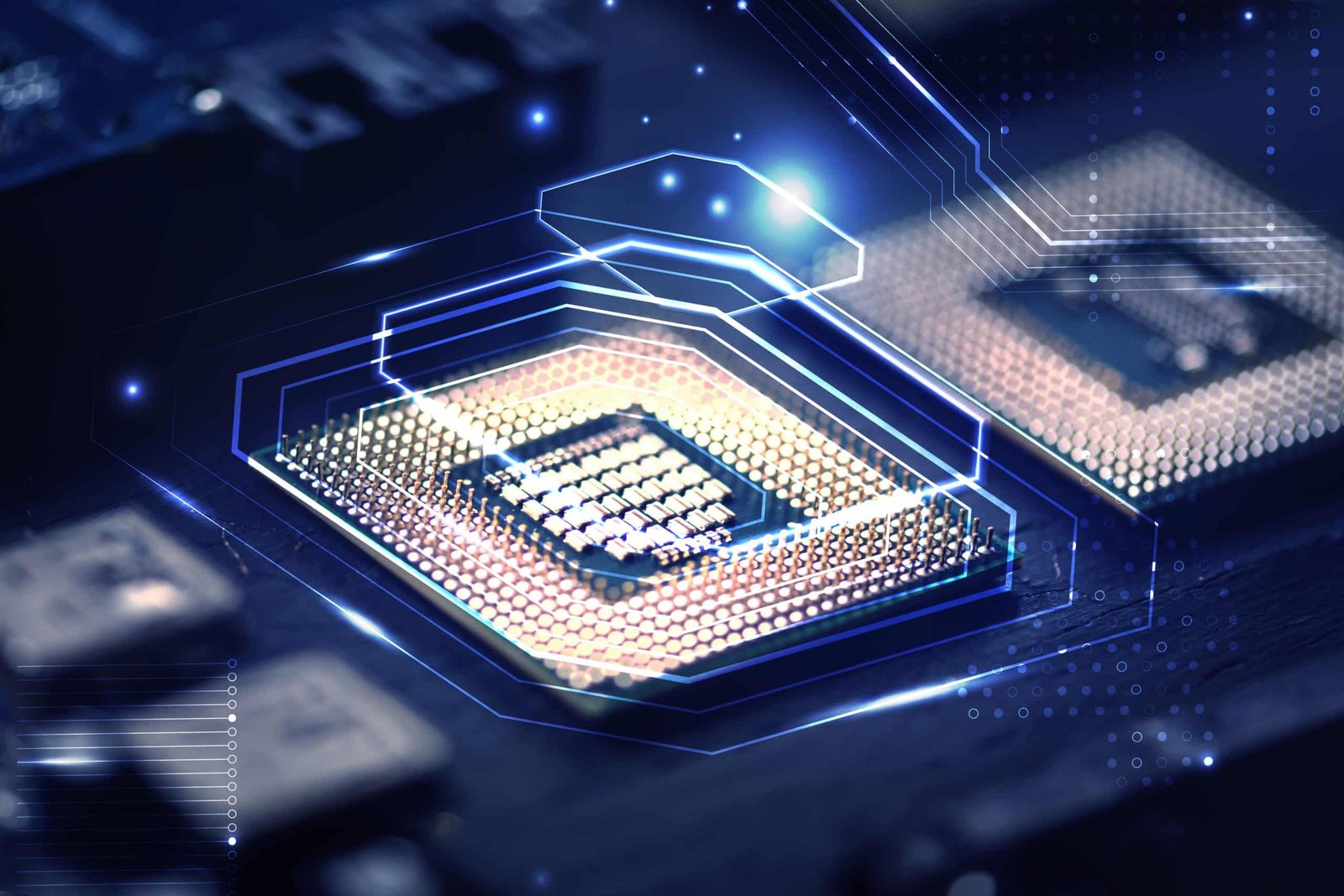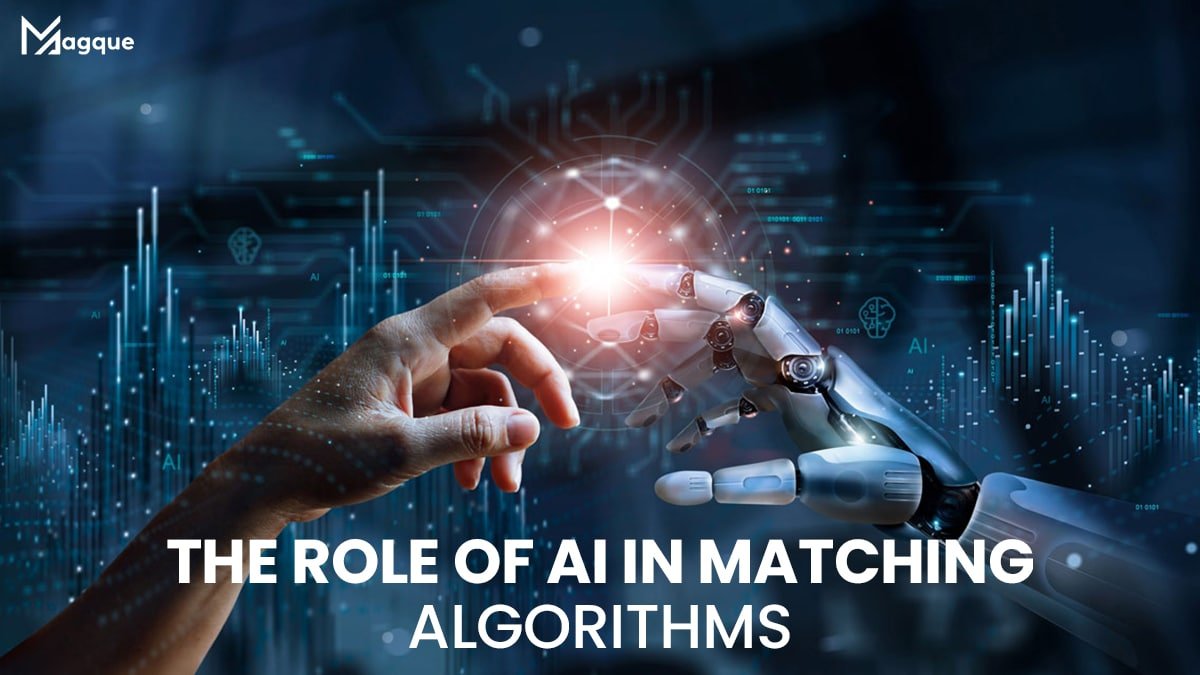Hey there, tech enthusiasts! Have you ever wondered how those dating apps magically pair you with potential matches? Or how do e-commerce sites magically suggest products that suit your taste? Hold onto your hats because we’re diving into the fascinating world of AI and its pivotal role in matching algorithms.
Unveiling the Magic of AI Matching Algorithms
Picture this: You’re on a dating app, swiping left and right, hoping to find your perfect match. Behind the scenes, sophisticated AI algorithms analyze your preferences, behaviors, and past interactions to predict who you might hit it off with. It’s like having your cupid but with a digital twist!
How AI Supercharges Compatibility
AI doesn’t just stop at predicting matches; it’s all about enhancing compatibility. These algorithms delve deep into many factors, from your hobbies and interests to your values and beliefs. By crunching massive amounts of data, AI can identify patterns and connections that a human brain might miss, leading to more meaningful and compatible matches.
The Science Behind the Magic
Let’s geek out momentarily and talk about the science behind it all. Machine learning lies at the heart of AI matching algorithms. These algorithms learn from past interactions and user feedback, constantly refining their recommendations to adapt to your evolving preferences. It’s like having a personal assistant who learns from your every move, getting better and better at their job over time.
From Dating Apps to E-commerce: AI Everywhere
But wait, there’s more! AI’s influence isn’t limited to dating apps. E-commerce giants like Amazon use AI-powered recommendation systems to suggest products tailored to your taste. Ever notice how those “You might also like” sections seem eerily accurate? That’s the magic of AI at work: making your shopping experience smoother and more personalized.
The Future of Matching Algorithms
So, what does the future hold for AI in matching algorithms? Well, the possibilities are endless. We can expect even more precise and personalized recommendations across various domains as AI technology evolves. Whether finding your soulmate or your next favorite pair of shoes, AI will be there every step, making life a little easier and more exciting.
Conclusion: Embracing the AI Revolution
In a world where choices abound, AI matching algorithms offer hope, guiding us toward experiences that resonate with our unique preferences and personalities. So, next time you swipe right or add an item to your cart, take a moment to appreciate the magic happening behind the scenes. With AI leading the way, the future looks brighter than ever! Magque: Your go-to destination for all things tech and innovation!
FAQs
Q1. How does AI enhance matching algorithms?
AI leverages advanced algorithms and machine learning techniques to analyze vast amounts of data, including user preferences, behaviors, and interactions. By understanding patterns and correlations, AI can generate more accurate and personalized recommendations, ultimately enhancing the effectiveness of matching algorithms.
Q2. Are AI matching algorithms only used in dating apps?
No, AI matching algorithms are utilized in various industries beyond dating apps. They are commonly employed in e-commerce platforms to recommend products based on a user’s browsing history and purchase patterns. AI matching algorithms are also deployed in job recruitment platforms to match candidates with suitable job opportunities.
Q3. How do AI matching algorithms protect user privacy?
AI matching algorithms prioritize user privacy by employing anonymization, encryption, and data de-identification techniques. Personal data is often aggregated and processed to protect individual identities while still enabling effective matching. Additionally, platforms implementing AI algorithms typically adhere to strict privacy regulations and guidelines.
Q4. Can AI matching algorithms be biased?
Like any technology, AI matching algorithms can exhibit bias if not properly designed and monitored. Bias may arise from the data used to train the algorithms, which can reflect societal prejudices or systemic inequalities. Developers employ techniques such as algorithmic transparency, fairness testing, and diversity-aware training data to mitigate bias.
Q5. What are the prospects of AI in matching algorithms?
The future of AI in matching algorithms holds tremendous potential for innovation and advancement. As AI technology evolves, we can expect even more sophisticated algorithms capable of generating highly personalized and context-aware recommendations. Additionally, AI-driven matching algorithms may expand into new domains, including healthcare, education, and customized content delivery.
Read Also This:- AI Matching Algorithms in Dating Apps



















